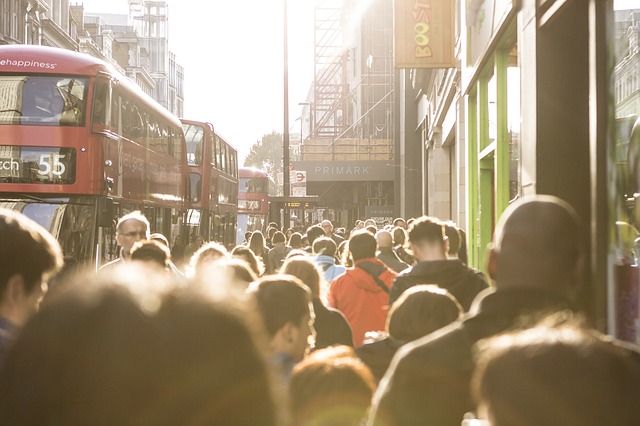Social mobility in the UK is “virtually stagnant,” according to the Social Mobility Commission

The latest State of the Nation report, released today, warns that inequality will remain entrenched in the UK unless the government takes urgent action. “Being born privileged means you are likely to remain privileged,” says Dame Martina Milburn, chair of the Commission.
The report reveals that people from better-off backgrounds are 80% more likely to work in a professional job than their working-class peers. Working-class people also experience higher levels of unemployment, even though overall unemployment is decreasing.
The percentage of people from professional backgrounds in professional jobs in 2018 was 60%, compared with only 34% from working-class backgrounds.
The report also finds a substantial pay gap, with those from working-class backgrounds earning an average of 17% less than their better-off colleagues. The news for women is even worse, with working-class women in professional jobs earning 35% less than men from professional backgrounds.
Dame Milburn believes that “in a shifting political and economic landscape, we must find a way to maximise the talent of all our citizens, especially those that start the furthest behind.”
“Promoting intergenerational mobility can make societies more egalitarian,” writes Lorenzo Cappellari, in his IZA World of Labor article on income inequality and social origins.
The connection between high income inequality and lack of income mobility across generations is “troublesome,” he says, “because it suggests that developed economies do not provide their citizens with equal opportunities for achieving economic success.
“Some of the observed income immobility is a symptom of an underlying misallocation of resources that blocks bright children from disadvantaged families from access to high-paying occupations,” he says. “In part, this failure may reflect nepotism in the labor market, but it also arises from blocks that occur earlier in the life-cycle, for example in schools and neighborhoods. The belief that people from any socio-economic background have the potential to succeed and to earn a high income is probably the most powerful incentive to individual effort. Policies that counteract disparities in family background, such as education interventions directed to children from poor families, may foster intergenerational mobility.”
The State of the Nation report recommends significantly increasing funding for all 16- to 19-year-olds in education, with a special “student premium” for the disadvantaged; extending the offer of 30 hours of free childcare a week to cover households where one parent is working eight hours a week (currently one parent must work at least 16 hours); and that the government should pay the voluntary living wage to all of its employees and contracted workers, including cleaners and catering staff.
The government says it will take the recommendations seriously.
More from IZA World of Labor: What is income inequality?